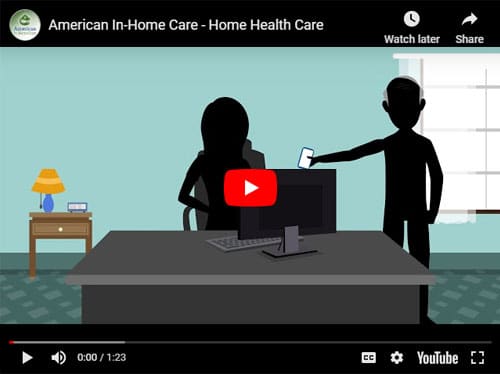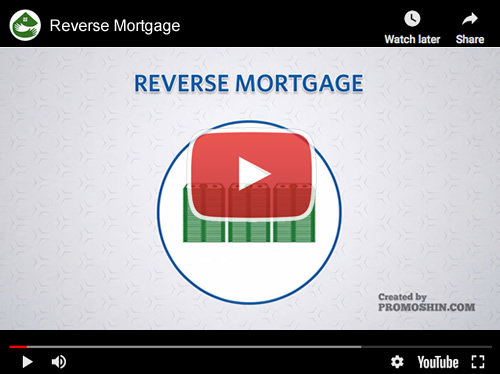Lorem ipsum dolor sit amet, consectetur adipiscing elit. Mauris diam odio, fermentum eget tristique id, lobortis consectetur nibh. Cras ut metus mi. Quisque hendrerit volutpat lorem et sodales. Nam sem turpis, mollis a ex vitae, porta gravida lorem. Suspendisse potenti. Aenean sit amet nisl in tellus lacinia volutpat at vitae nulla. Vivamus posuere in augue non viverra. In volutpat consectetur tempus. Proin arcu dui, tincidunt ac neque at, finibus aliquam orci.
Sed non nisi vitae sem gravida pretium ut id sapien. Aenean suscipit interdum interdum. Sed venenatis turpis id nisi egestas, efficitur ultrices neque fringilla. In consequat elit a ullamcorper consequat. Nunc id nulla eu ante consequat porttitor. Nunc dui velit, consectetur nec bibendum nec, vulputate ut lorem. Quisque convallis massa in quam volutpat lacinia nec eu elit. Donec pharetra blandit ante, ac convallis diam. Aliquam malesuada tempus ex, nec condimentum ante faucibus et. Curabitur ipsum sapien, bibendum vulputate arcu eget, elementum luctus magna. Pellentesque pellentesque quis felis vitae convallis.
Lorem ipsum dolor sit amet, consectetur adipiscing elit. Mauris diam odio, fermentum eget tristique id, lobortis consectetur nibh. Cras ut metus mi. Quisque hendrerit volutpat lorem et sodales. Nam sem turpis, mollis a ex vitae, porta gravida lorem. Suspendisse potenti. Aenean sit amet nisl in tellus lacinia volutpat at vitae nulla. Vivamus posuere in augue non viverra. In volutpat consectetur tempus. Proin arcu dui, tincidunt ac neque at, finibus aliquam orci.
Sed non nisi vitae sem gravida pretium ut id sapien. Aenean suscipit interdum interdum. Sed venenatis turpis id nisi egestas, efficitur ultrices neque fringilla. In consequat elit a ullamcorper consequat. Nunc id nulla eu ante consequat porttitor. Nunc dui velit, consectetur nec bibendum nec, vulputate ut lorem. Quisque convallis massa in quam volutpat lacinia nec eu elit. Donec pharetra blandit ante, ac convallis diam. Aliquam malesuada tempus ex, nec condimentum ante faucibus et. Curabitur ipsum sapien, bibendum vulputate arcu eget, elementum luctus magna. Pellentesque pellentesque quis felis vitae convallis.




